Sustainable Aviation Fuel – USA Background
The global commercial airline industry is committed to reducing its carbon dioxide emissions (CO2) primarily by transitioning from today’s petroleum-sourced jet fuel to blends of petroleum with renewable bio-fuels. The push towards sustainable fuels is currently a voluntary effort in the USA as there are no government mandates for jet fuel, unlike those for ground transportation fuels. Biofuel incentive programs such as the Renewable Identification Number (RIN) system administered by the US Environmental Protection Agency (EPA), and the Low Carbon Fuel Standard (LCFS) administered in California (California Air Resources Board; CARB) can be used to offset the higher costs of SAF production (1). In 2021, US President Biden announced plans to provide further incentives to support SAF production including a tax credit for SAF manufacturers and funds for US Department of Energy (DOE) loan guarantees to provide $3 billion dollars for plant construction (2). The Biden goal is to develop over 3 billion gallons of SAF production per year by the year 2030 with the intent to reduce US CO2 emissions by 20%. Additional proposed federal legislation intends to provide a $1.50/gallon blenders tax credit for jet fuels that provide at least 50% greenhouse gas reductions. This credit would be in addition to any RIN and LCFS credits that renewable jet fuels see today.
A number of industry groups and government agencies advocate for and support the development and implementation of sustainable aviation fuels. The most notable names include the Commercial Airline Alternative Fuels Initiative (CAAFI), Airlines for America, the International Air Transport Association (IATA), Air Transport Action Group (ATAG), Sustainable Aviation Buyers Alliance (SABA), US Environmental Protection Agency (EPA), Department of Energy (DOE), Department of Defense (DoD), and Federal Aviation Administration (FAA) (3).
CAAFI is the most important industry consortium as it sets technical standards for sustainable jet fuels in collaboration with the American Society of Testing Materials International (ASTM) which is an international standard setting organization for fuels and associated materials used in fuel systems. CAAFI’s highly diverse membership includes representatives from many major US and international airlines, airline manufacturers, jet engine manufacturers, renewable fuel supplier companies, renewable feedstock suppliers, industry experts, academia, and government regulators.
- CARB Low Carbon Fuel Standard. ww2.carb.ca.gov. [Online] https://ww2.arb.ca.gov/our-work/programs/low-carbon-fuel-standard.
- Biden Administration Advances the Future of Sustainable Fuels in American Aviation. US Presidential Briefing Room. [Online] September 9, 2021. https://www.whitehouse.gov/briefing-room/statements-releases/2021/09/09/fact-sheet-biden-administration-advances-the-future-of-sustainable-fuels-in-american-aviation/.
- Summary of Organizations Who Support SAF Implementation. www.eesi.org. [Online] https://www.eesi.org/articles/view/corporations-nonprofits-and-airlines-cooperate-to-expand-sustainable-aviation-fuels-use-and-capacity.








